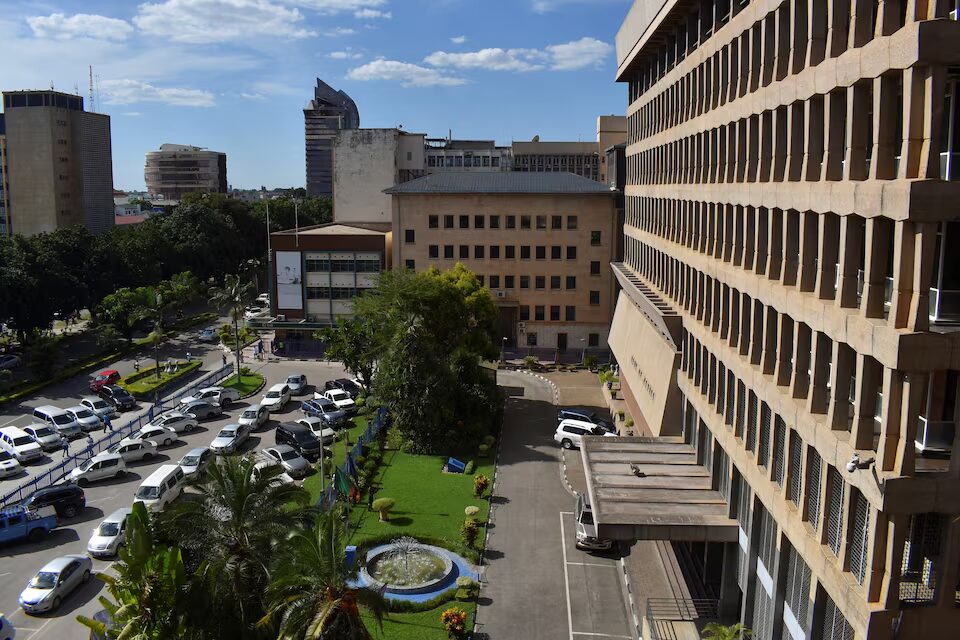
Monday, 18th August 2025

By inAfrika Reporter
Cocoa sets Ghana’s economic metronome, from foreign exchange flows to rural livelihoods. That is why the producer price announced for the 2025/26 season landed like a thunderclap. A coalition representing more than 300,000 farmers rejected the new rate—51,660 cedis per ton, or about 3,228 cedis per 64-kg bag—and threatened to bar COCOBOD officers from farms. Their math says the price falls far short of the state’s earlier commitment to pay 70% of the free-on-board price; their warning says the gap will be closed by the black market, via smuggling to Côte d’Ivoire and Togo.
The risk is not theoretical. Ghana lost an estimated 160,000 tons to cross-border leakage in 2023/24, a haemorrhage that erodes tax revenue, undermines COCOBOD’s balance sheet and breaks the policy feedback loop. If Ivorian bag prices are reportedly ~700 cedis higher, the incentive is baked in—especially after two seasons of weather and disease pressure that left many smallholders indebted for inputs. In a tight global cocoa market—where weather, disease and speculative flows have whiplashed prices—Ghana’s farmer revolt is not a domestic drama; it is a signal to commodity desks and chocolate multinationals that supply security now depends on rural politics as much as agronomy.
There are options, each with trade-offs. A mid-season price adjustment would calm tempers but stress public finances and COCOBOD’s already-strained cash flow. A targeted input subsidy—fertiliser, pruning gangs, mass spraying—could boost yields and reduce unit costs, but the benefits arrive with a lag and leakages are historically high. A stepped-up anti-smuggling push may save volume at the cost of social frictions along porous borders where “trade” has always included bags that change countries by night. Whatever the mix, transparency is paramount; farmers who believe the state skims their share will opt out of the formal market.
For buyers in Europe and Asia, the question is how to de-risk supply without pushing compliance schemes that farmers see as paperwork traps. Long-term offtake guarantees, pre-harvest finance and community-level productivity investments can help. But the centre of gravity remains Accra: if the producer price does not feel remotely fair, trucks will roll west and east, and Ghana’s vaunted traceability push will falter at the first unguarded footpath.


